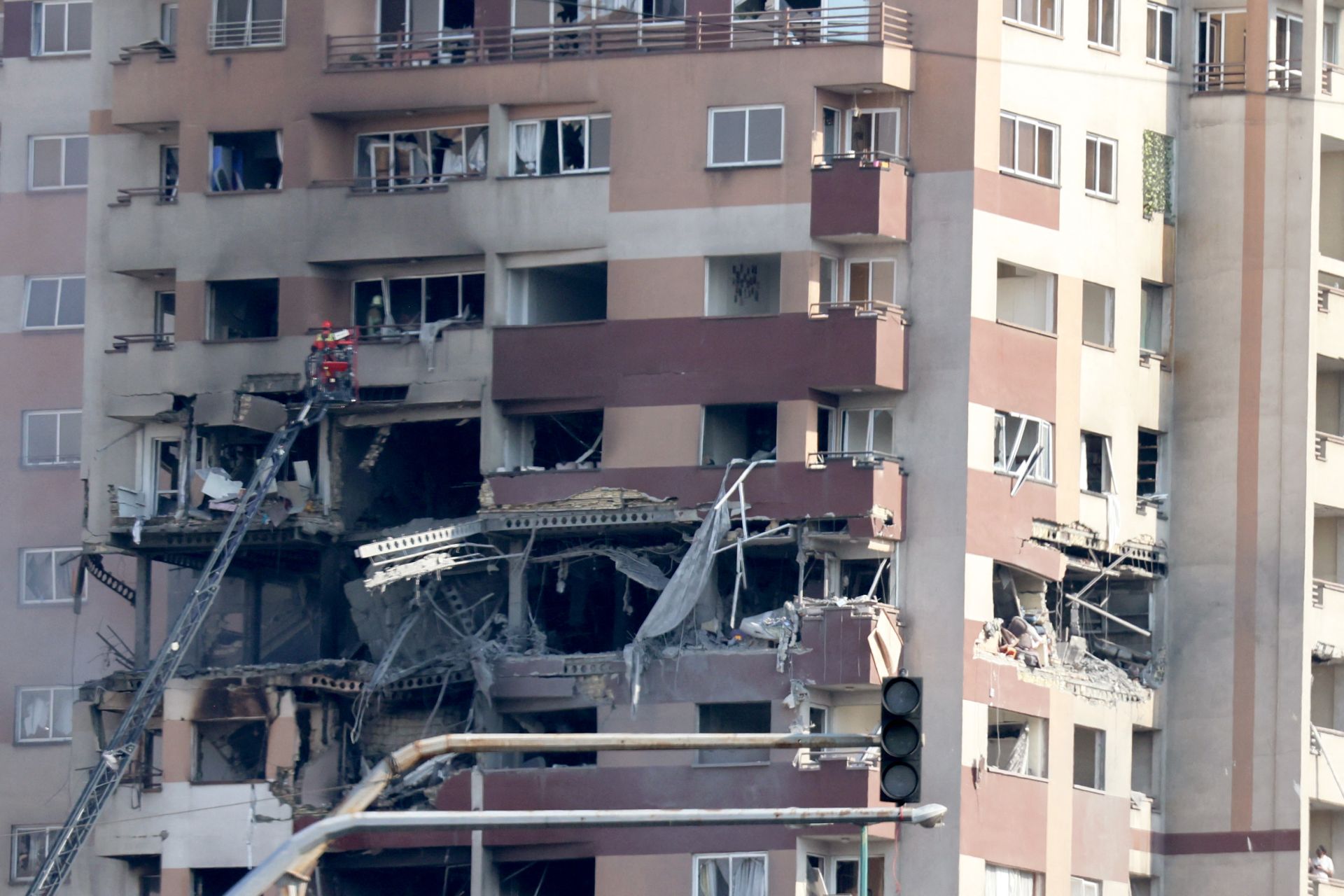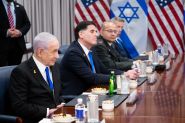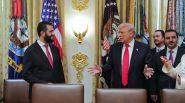- Home
- Middle East
- Iran Strikes Back: Tehran Vows Severe Punishment After Israeli Assault

The building targeted by an Israeli strike in Teheran, Iran. ©ATTA KENARE / AFP
In the early morning hours of Friday, June 13, Israel launched a wide-scale surprise attack on Iranian territory under the codename Operation Rising Lion.
The Israeli military campaign struck nuclear sites, key military facilities and the homes of senior officials, killing several high-ranking commanders and nuclear scientists. In swift retaliation, Iran mounted a dramatic counterattack, marking one of the most severe escalations between the two bitter rivals in decades.
Within hours of the Israeli strikes, Iran’s armed forces launched more than 100 drones towards Israeli territory. The drones, many believed to be Shahed-136 explosive UAVs, were reportedly intercepted by Israel's air defense systems before reaching their targets. Air raid sirens sounded across Israeli cities, while drone interceptions were also reported in Jordan and Saudi Arabia, underlining the regional scope of the confrontation.
The spokesperson of Iran's armed forces, Abolfazl Shekarchi, condemned the Israeli action and accused the United States of complicity. “Israel and its chief ally, the United States, will pay a heavy price for this crime,” he declared on Iranian state media. Tehran has not only blamed Israel for the deaths, but it also accused Washington of providing strategic and logistical support for the strikes, a charge the US has denied.
Leaders Speak
Iranian Supreme Leader Ayatollah Ali Khamenei issued a fierce warning in response to the assault, describing it as a “bloody crime” and vowing “severe punishment” for the “Zionist regime.”
“Israel has unleashed its dirty and bloody hand,” Khamenei said in a televised statement. “With this crime, the regime has prepared a bitter and painful fate for itself, one it will surely see.”
Khamenei’s statement set the tone for a nationwide narrative of resilience and retaliation. Iranian media repeatedly broadcast images of the destruction in Tehran, Natanz and other cities, framing the Israeli strikes as cowardly and indiscriminate.
Strategic Sites Under Threat
Iranian officials confirmed that multiple nuclear sites were struck, including those in Natanz, Khondab and Khorramabad. The most prominent casualties include Hossein Salami, the commander of the Islamic Revolutionary Guard Corps (IRGC), Mohammad Bagheri, Iran's Armed Forces Chief of Staff, and Gholam Rashid, the head of the Emergency Command.
In addition, six nuclear scientists were reportedly killed in the attacks, including Fereydoon Abbasi and Mohammad Mehdi Tehranchi, both central figures in Iran's nuclear development efforts.
Civilian Impact and Public Reactions
Tehran residents awoke to scenes of chaos, buildings reduced to rubble, fires lighting up the sky and emergency crews navigating shattered streets. Eyewitnesses described the strikes as the loudest and most destructive seen since the Iran–Iraq War.
Iranian civilians interviewed by local networks expressed grief, fear and anger, many demanding that the government deliver a forceful response. “This cannot go unanswered,” said one Tehran resident. “They hit our homes. Our leaders must act.”
This is a developing story.
Read more



Comments